
The Center for Community Health Partnership and Research is pleased to announce seven partnerships were selected to receive funding through the 2024-2025 Partnership Development and Sustainability Support (PDSS) program. PDSS awards provide up to $10,000 in funding for investigators and their community partner(s) to support their new or existing partnership efforts over a 12-month period. The goal is to support partners in developing their relationships, skills, and capacity to facilitate future research collaborations and strengthen community-academic partnerships.
This year’s awarded partnerships are:
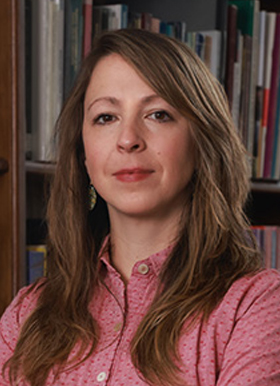
Theresa Anasti, PhD, Assistant Professor, Washington University in St. Louis
Summary: The aim of this partnership will be to include the perspectives of human trafficking survivors in the development of a peer-driven, non-carceral, and trauma-informed intervention to address substance use and overdose prevention among this population. With the assistance of members of The Missouri Coalition of Trafficking and Exploitation, we will work to develop a paid community advisory board (CAB) of trafficking survivors who will be equal research partners, helping the academic researchers to develop questions and concepts that will be addressed in a substance use intervention geared toward the unique needs of human trafficking survivors.
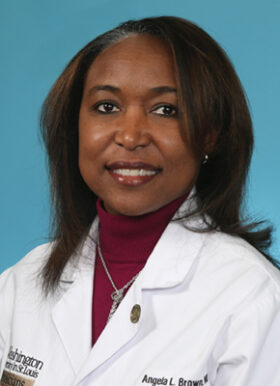
Angela L. Brown, MD, Professor of Medicine, Washington University School of Medicine in St. Louis
Summary: A partnership between Centennial Christian Church and the Our Community Our Health (OCOH) team began as a COVID-19 response. OCOH maintains a recurring schedule and “pops up” a mobile vaccine clinic alongside food ministry services. The work has been driven by aligning university resources with community priorities. In the next phase of this partnership, we will: 1) identify and rank community priorities surroundng social determinants of health; 2) set partnership recommendations; and 3) create a meaningful action agenda grounded in community-based participatory research and human-centered design to advance health equity in Fountain Park.
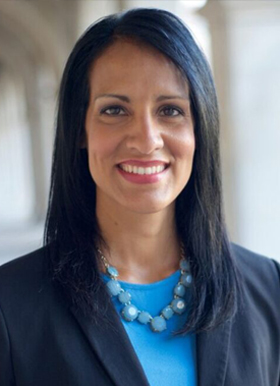
Patricia Cavazos-Rehg, PhD, Professor of Psychiatry, Washington University School of Medicine in St. Louis
Summary: This partnership represents a shared goal to provide accessible and free recovery support services to North St. Louis residents who are at elevated risk of opiod-related overdose and who represent communities who are marginalized. Together, we will offer recovery support services and prevention interventions to residents through two initiative strategies: a mobile outreach van and a mobile phone application.
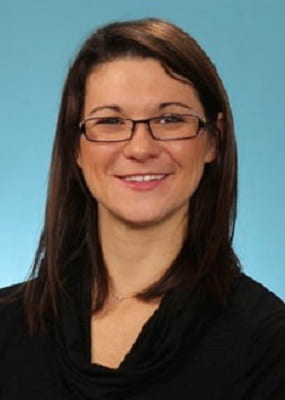
Catherine Hoyt, PhD, OTC, Assistant Professor of Occupational Therapy, Washington University School of Medicine in St. Louis
Summary: With funding from the PDSS award in 2023, we were able to identify and establish a partnership between the Washington University Program in Occupational Therapy, pediatric providers at CareSTL, a local federally qualified health center chain, and the St. Louis Sickle Cell Association. After eight months of regular meetings, we conducted a focus group for the next steps. Partners identified that continuing to meet monthly and having a formal opportunity to connect in person and learn about community services for sickle cell care are top priorities. Funding from the PDSS in 2024 will enable us to meet these goals.
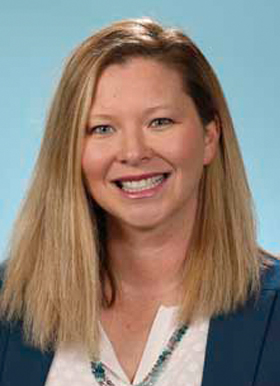
Jessica Kersey, PhD, OTR/L, Instructor in Occupational Therapy and Neurology, Washington University School of Medicine in St. Louis
Summary: This proposal supports the development of a new community partnership between Jessica Kersey, new investigator-track faculty at Washington University’s Program in Occupational Therapy, and the Brain Injury Association of Missouri. This partnership will focus on collaborative research to improve health, participation, and quality of life among people living in the community with a brain injury. We aim to establish shared research objectives, including short- and long-term plans, identify guiding principles for our collaboration, solicit stakeholder feedback on our research plans, and develop infrastructure to support research activities.
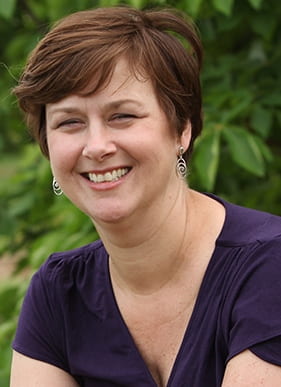
Patricia Kohl, PhD, MSW, Associate Professor, Washington University in St. Louis
Summary: The Hermann Center for Child and Family Development (Hermann Center) was launched in 2022 with the goal of transforming behavioral health for children under the age of 7 and their families and creating life-long improvements. Through the early identification of issues, a multidisciplinary approach which includes psychiatry, resource navigation, psychoeducation and support, evidence-based therapies, and clinical and translational research, the Hermann Center will increase access to quality care, prioritize underserved populations and create a seamless resource for children and families at the earliest point possible.
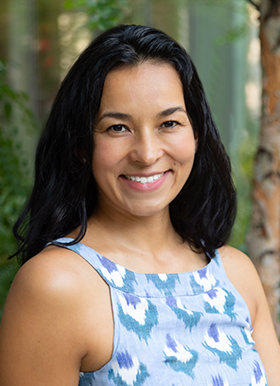
Diana Parra Perez, PhD, Assistant Professor, Washington University in St. Louis
Summary: We are a collaborative partnership, where our academic partner supports the analysis from group data, and provides feedback on appropriate data collection methods, incentives, and data dissemination. They advise us on potentials for research on relationship development and familial communication practices in immigrant and refugee families. LifeWise STL has built rapport with the community and service providers in the Saint Louis area, as well as experience in facilitating outreach. LifeWise has designated space for daytime and evening groups, as well as personnel to support the ongoing facilitation of content and data collection.